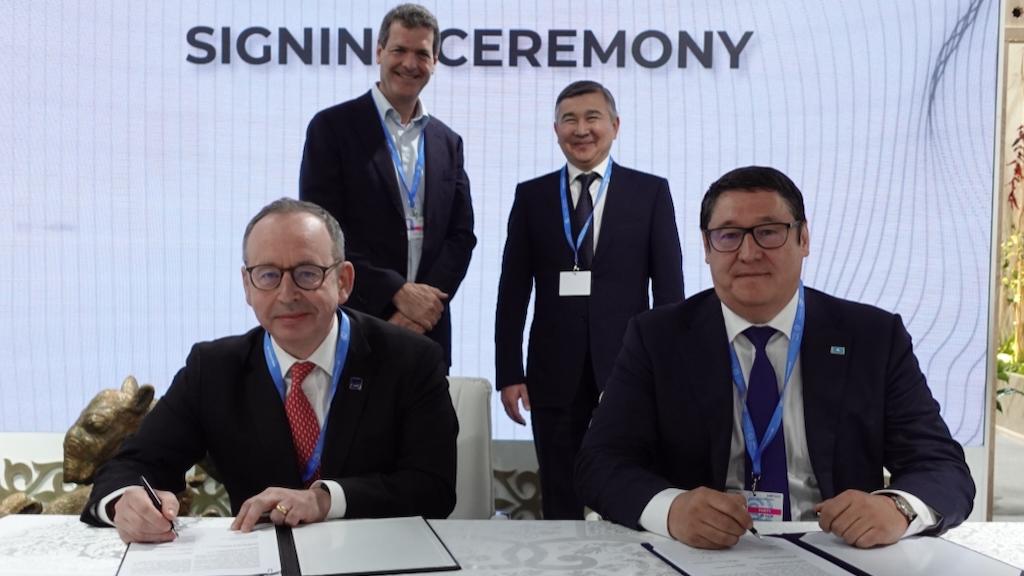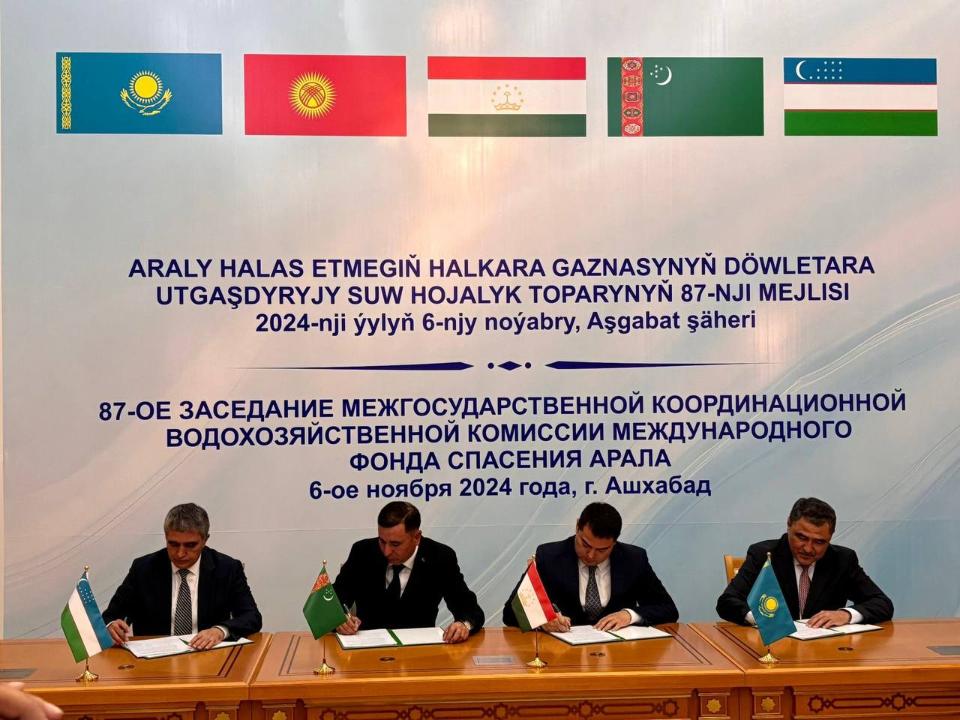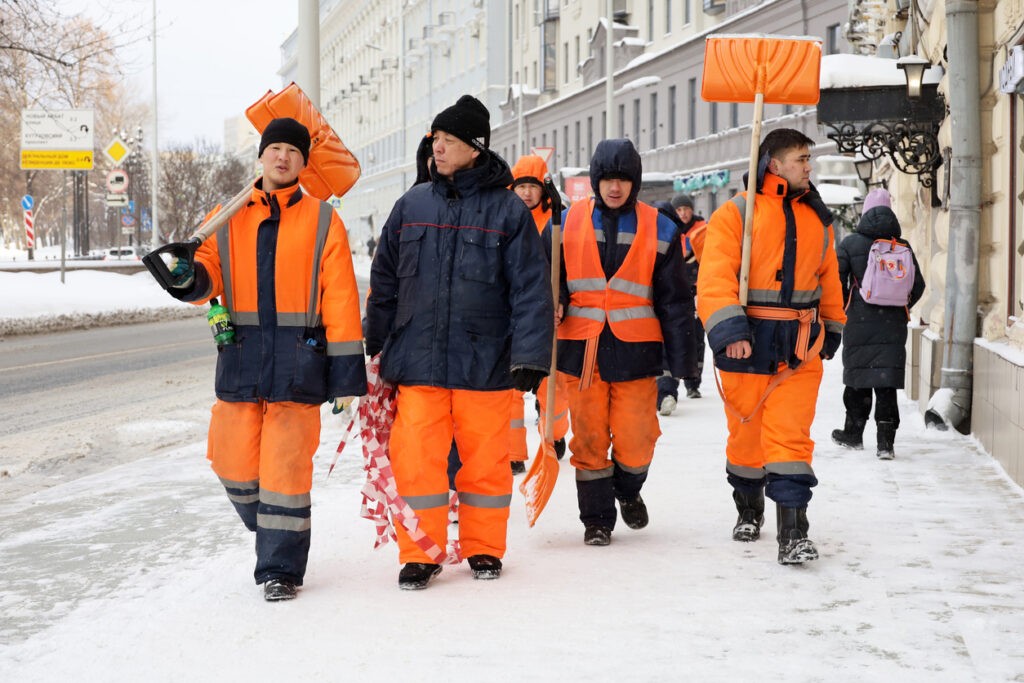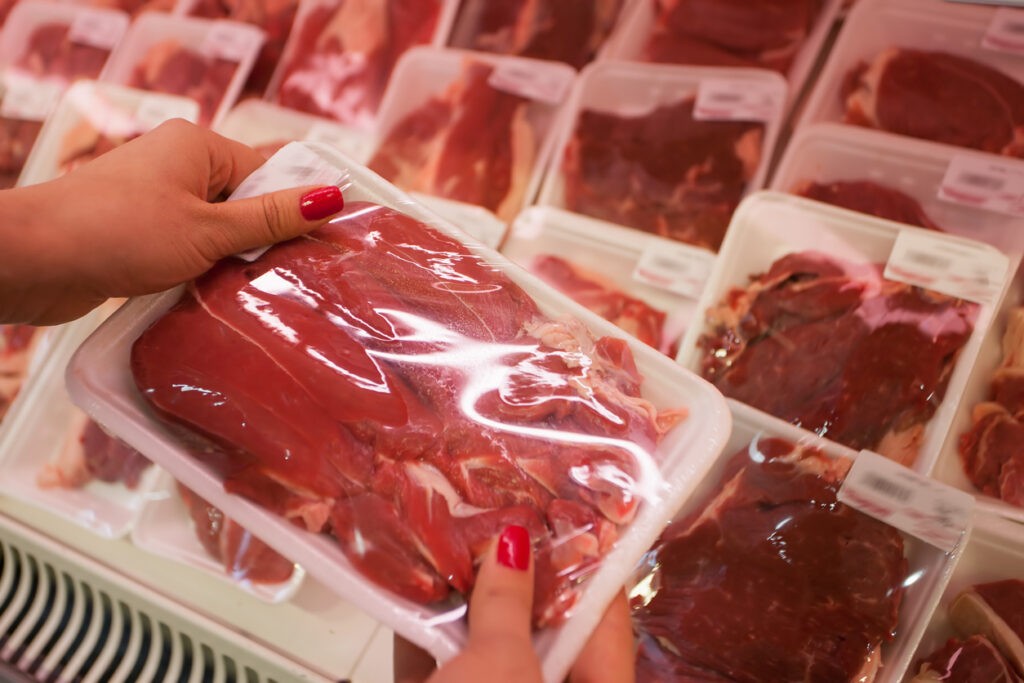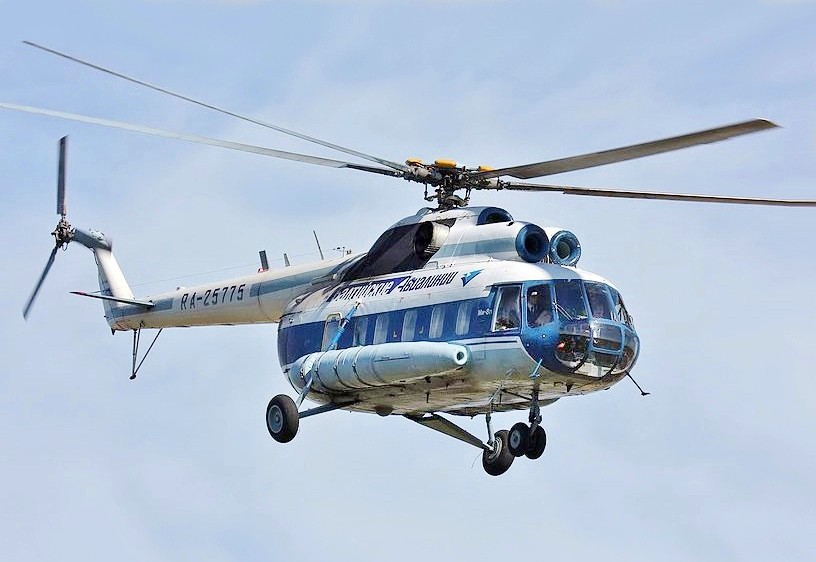ADB to Help Kazakhstan Move Away from Coal Power Generation
Kazakhstan’s Ministry of Energy and the Asian Development Bank (ADB) have signed a memorandum of understanding, moving closer to the possible early retirement of a coal plant in Kazakhstan under the bank’s Energy Transition Mechanism (ETM) program. Under the memorandum, the ministry and ADB will work toward a pilot transaction that will demonstrate a pathway to significantly reduce Kazakhstan’s greenhouse gas emissions by decommissioning pilot coal plants for renewables or other low-c or repurposing carbon energy technologies. A feasibility study will determine which of the country’s coal-fired power generation, combined heat and power plants and heat-only boilers could be the most viable for early retirement. ADB and Kazakhstan have also agreed to analyze the potential impact of early decommissioning or repurposing of a plant on the country’s power and heat supply, develop the country’s renewable energy generation capacity, and promote regional energy trade. ADB Director General for Central and West Asia Yevgeniy Zhukov commented: “Keeping 1.5 degrees alive means moving away from fossil fuels and toward clean energy as quickly as possible—and ADB’s ETM program aims to do that in a way that considers each country’s energy and socioeconomic development needs. As Asia and the Pacific’s climate bank, we are committed to helping Kazakhstan inclusively decarbonize its economy, and we aim to demonstrate how the clean energy transition can be accelerated in Central Asia.” Minister of Energy of Kazakhstan Almassadam Satkaliyev added, “Kazakhstan will need to develop a new approach in the power, heating, and water sectors as a single technological system, and we rely on ADB’s support and experience. I hope this program will demonstrate new systems' technological shift and reliability through ETM, which can then be replicated in other plants and regions.” Kazakhstan is a major consumer of coal, with 25 billion tons of coal reserves estimated to be the eighth largest worldwide. About 70% of the country’s electricity is produced from coal, while energy-related activity, including heat and electricity production, accounts for more than 80% of the country’s total greenhouse gas emissions. Kazakhstan’s long-term strategy for achieving carbon neutrality by 2060 involves reducing its use of fossil fuels and increasing its renewable power generation capacity.
